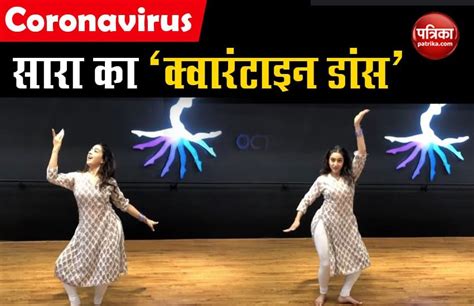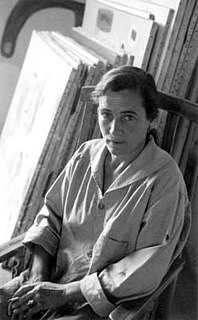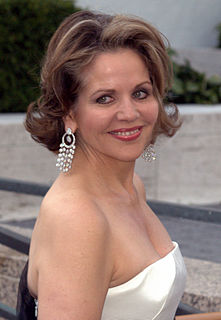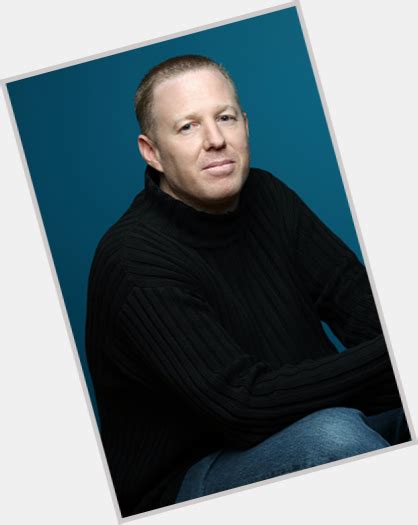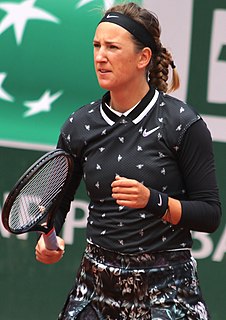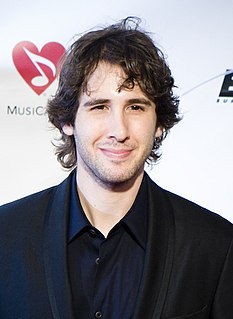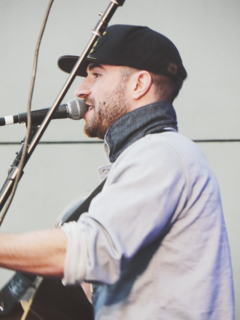A Quote by Sara Khan
There are very few singers who know the art of creating music which plays with people's feelings and emotions.
Related Quotes
When we experience a film, we consciously prime ourselves for illusion. Putting aside will and intellect, we make way for it in our imagination. The sequence of pictures plays directly on our feelings. Music works in the same fashion; I would say that there is no art form that has so much in common with film as music. Both affect our emotions directly, not via the intellect. And film is mainly rhythm; it is inhalation and exhalation in continuous sequence.
No matter who we are, no matter what our circumstances, our feelings and emotions are universal. And music has always been a great way to make people aware of that connection. It can help you open up a part of yourself and express feelings you didn't know you were feeling. It's risky to let that happen. But it's a risk you have to take-because only then will you find you're not alone.
Except in a few cases like Music for Airports, which was a very clear case of noticing a niche [and] saying, "Okay, there's this situation in which people always play music, and nobody has written music for that situation so I'm going to." So, that was a very clear example of spotting a niche and working for it. I have done that occasionally.
